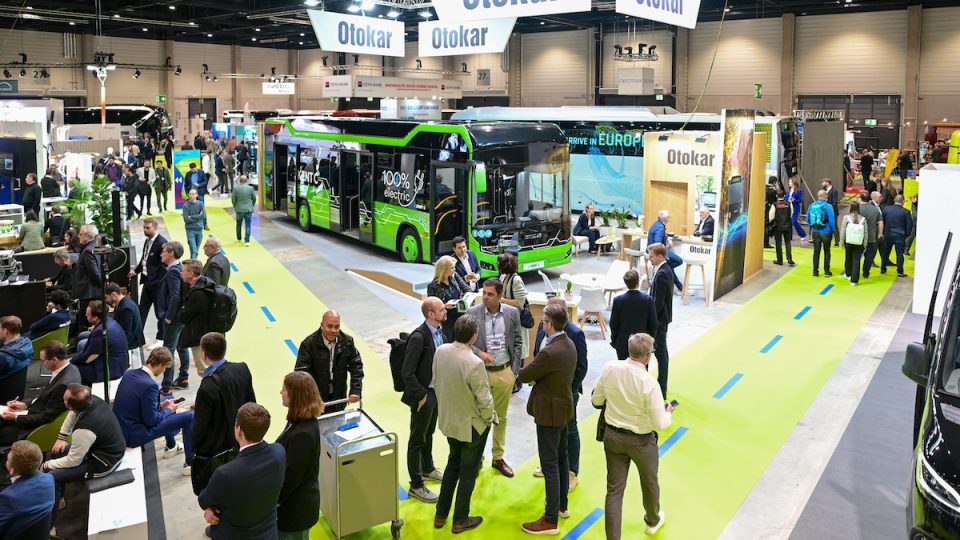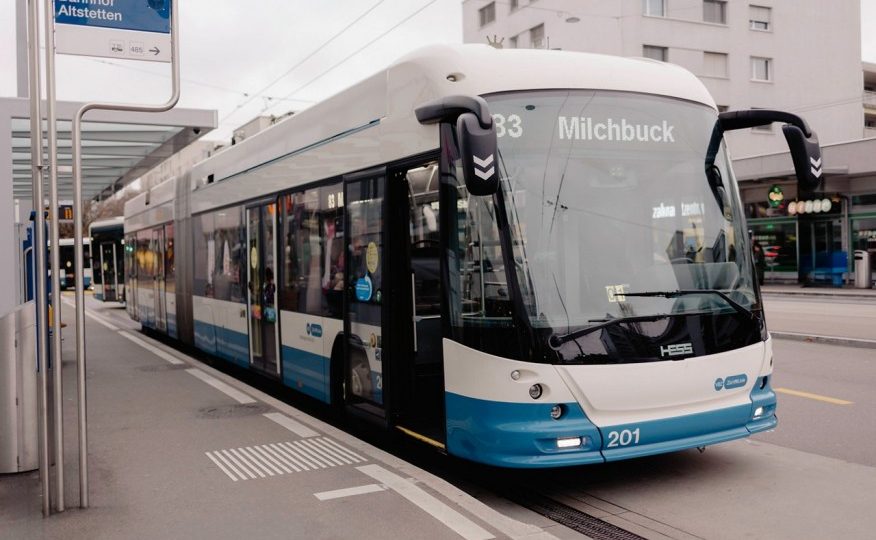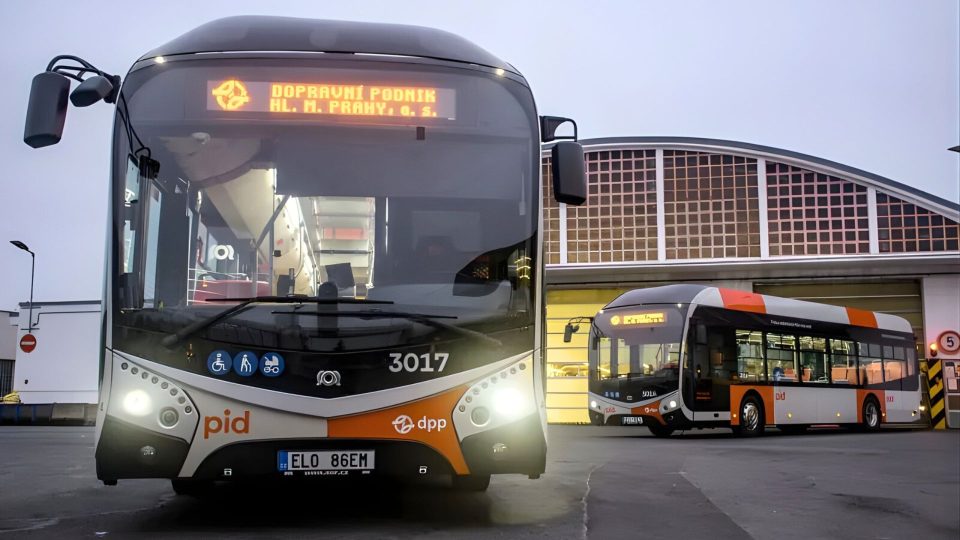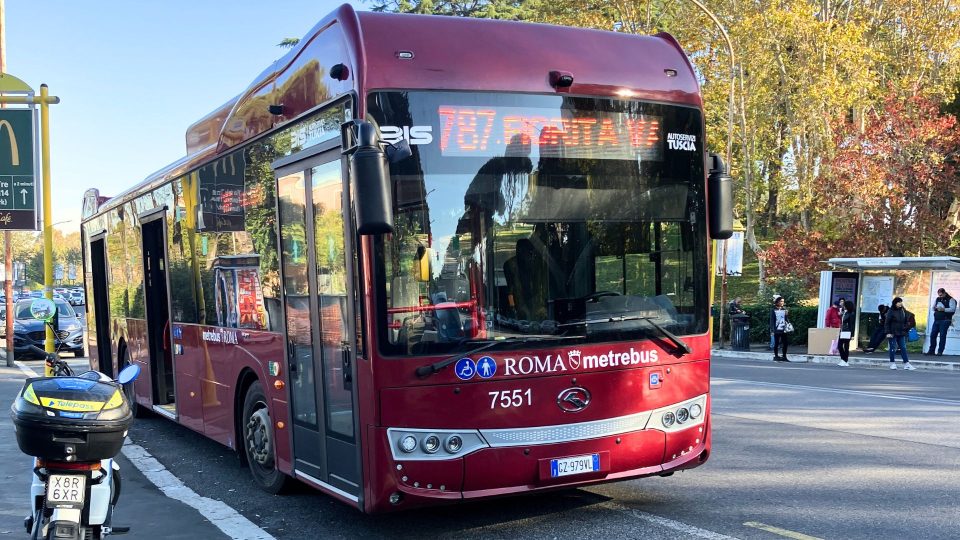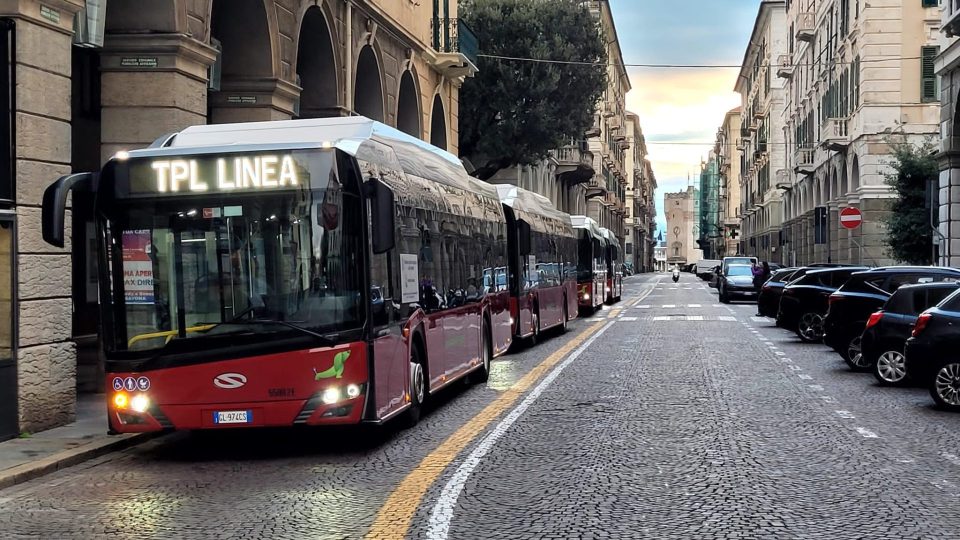56 more Solaris e-buses in Denmark: new order by AarBus for Aarhus
AarBus, which manages transport in this second largest Danish city (Aarhus), has had Solaris battery models in its fleet since last year. Another significant order has been issued for 56 18-meter units. They’ll be delivered to the city in two tranches: 31 models in 2024, the delivery of the remaining 25 units will take place in 2025. Aarhus aims to have fossil-free public transport by 2030. […]
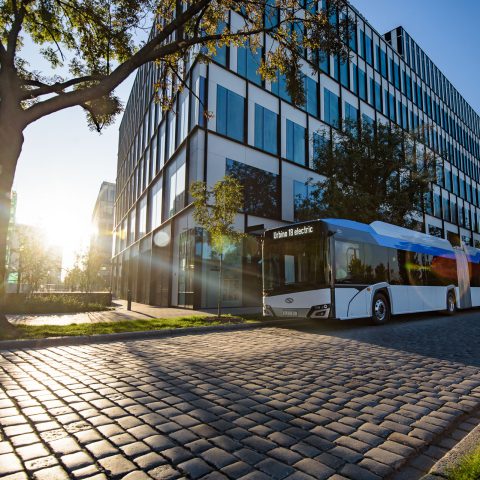
AarBus, which manages transport in this second largest Danish city (Aarhus), has had Solaris battery models in its fleet since last year. Another significant order has been issued for 56 18-meter units. They’ll be delivered to the city in two tranches: 31 models in 2024, the delivery of the remaining 25 units will take place in 2025.
Aarhus aims to have fossil-free public transport by 2030. The new order amounts to EUR 37 million.
The cooperation between Solaris and AarBus has been ongoing since 2006, and so far the manufacturer has delivered a total of 227 buses to the operator, including 29 electric buses.
Solaris to deliver 56 e-buses in Denmark
The vehicles will be powered by energy from Solaris High Energy batteries. Energy storage facilities will feature a capacity of over 450 kWh. The buses will be charged via a plug-in connection. The source of drive will be an electric axle with two motors. The air conditioning system will provide passengers with optimal thermal conditions inside the vehicle. In addition, double glazing will be used in each of the Urbinos to further improve the thermal insulation of the buses.
“We are extremely proud of the many years of trust that AarBus has placed in us. We are convinced that our electric buses with advanced equipment will serve the residents of Aarhus with comfort without affecting the environment. This is another step in our mission to provide innovative transport solutions that contribute to improving air quality in cities,” said Olivier Michard, Member of the Management Board of Solaris Bus & Coach, responsible for Sales, Marketing and After-Sales.
“The fact that we are almost doubling the number of electric buses means that almost 80% of our buses will run on electricity. The obvious advantage is that they produce less noise and that this will also have a big impact on our reduction of CO2 emissions and lower diesel consumption. Therefore, this is an important step in the right direction, offering the people of Aarhus a greener way to get around the municipality,” says Nicolaj Bang, Aarhus Technology and Environment Councilor.

